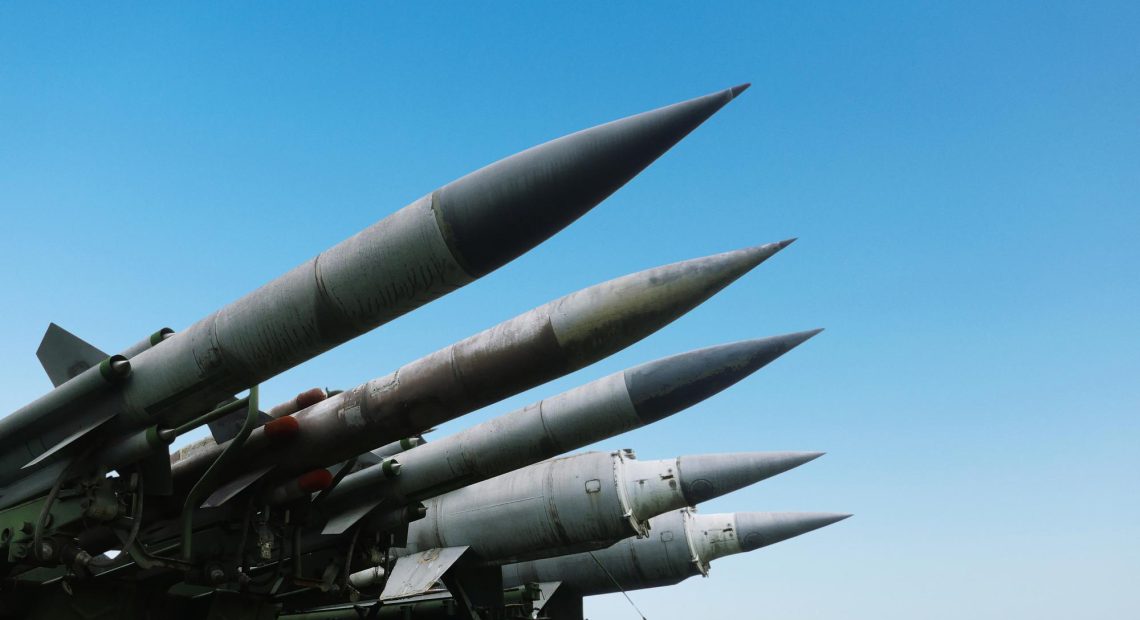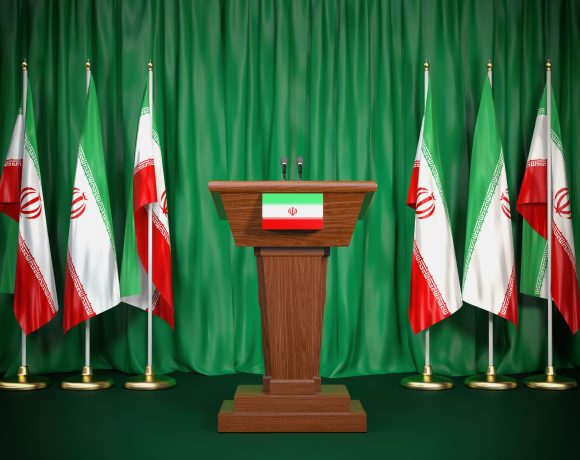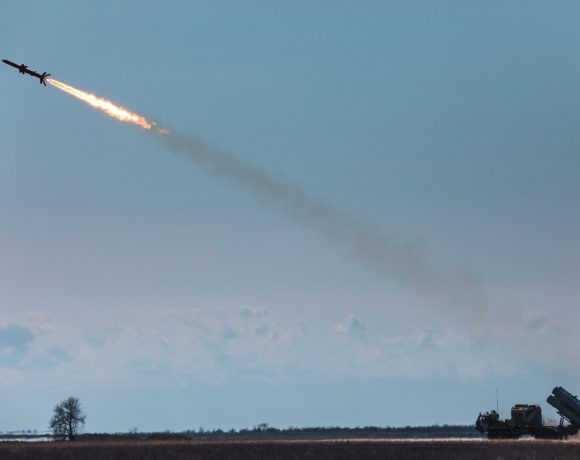
Iran Fires Hypersonic Missile at Israel as Trump Demands Tehran’s Surrender
The Iran-Israel conflict has escalated to a new level of danger with Iran launching a hypersonic missile at Israeli territory, marking a significant escalation in what is now a fast-expanding regional war. The missile, identified as a Fattah-1, was fired early on June 18 as part of Iran’s eleventh wave of retaliatory strikes under “Operation Honest Promise 3.”
Hypersonic missile
The Fattah-1 missile, capable of exceeding speeds of Mach 5 and maneuvering mid-flight, poses a serious challenge to conventional missile defense systems. Iranian military officials claimed the launch was a direct response to Israel’s continued aerial bombardments of Iranian military and nuclear sites. Air raid sirens were triggered in Tel Aviv, Haifa, and parts of central Israel as residents scrambled to shelters amid the alerts. The missile strike was accompanied by coordinated drone swarm attacks targeting military zones across Israel’s central corridor.
Air war intensifies
This escalation follows Israel’s Operation Rising Lion, a campaign that has targeted critical Iranian infrastructure, including nuclear enrichment facilities, missile depots, and command bunkers. Israeli warplanes have repeatedly struck inside Iranian territory, resulting in the deaths of high-ranking military commanders and widespread infrastructural damage. Reports from both sides indicate hundreds of casualties and extensive injuries.
Israel has declared air superiority over Iranian skies and warned civilians in parts of Tehran to evacuate in anticipation of further strikes. Despite mounting casualties, there is no sign of de-escalation from either side.
Trump demands surrender
Former U.S. President Donald Trump added fuel to the fire by publicly demanding Iran’s unconditional surrender. He claimed that U.S. intelligence has pinpointed the exact location of Iran’s Supreme Leader Ayatollah Ali Khamenei and referred to him as an “easy target,” though clarified that there were no immediate plans for a strike—”at least not for now.” Trump emphasized that the U.S. retains complete air dominance over Iranian territory and warned Tehran that time is running out to avoid further devastation.
Global ramifications
The situation has prompted global alarm. The U.S. Embassy in Jerusalem has suspended operations temporarily, advising personnel to remain in shelter. Across the world, governments are urging restraint amid fears that the conflict could spiral into a full-scale regional war.
Diplomatic appeals from Europe, the United Nations, and Middle Eastern states have so far failed to bring either side to the negotiating table. As missiles rain down and rhetoric sharpens, the threat of further escalation looms large.
With hypersonic weapons now in play and diplomatic avenues narrowing, the conflict between Iran and Israel has entered a dangerous and unpredictable phase. The next steps—whether toward broader war or an uneasy truce—will be determined by choices made in Washington, Tehran, and Tel Aviv in the hours ahead.


















